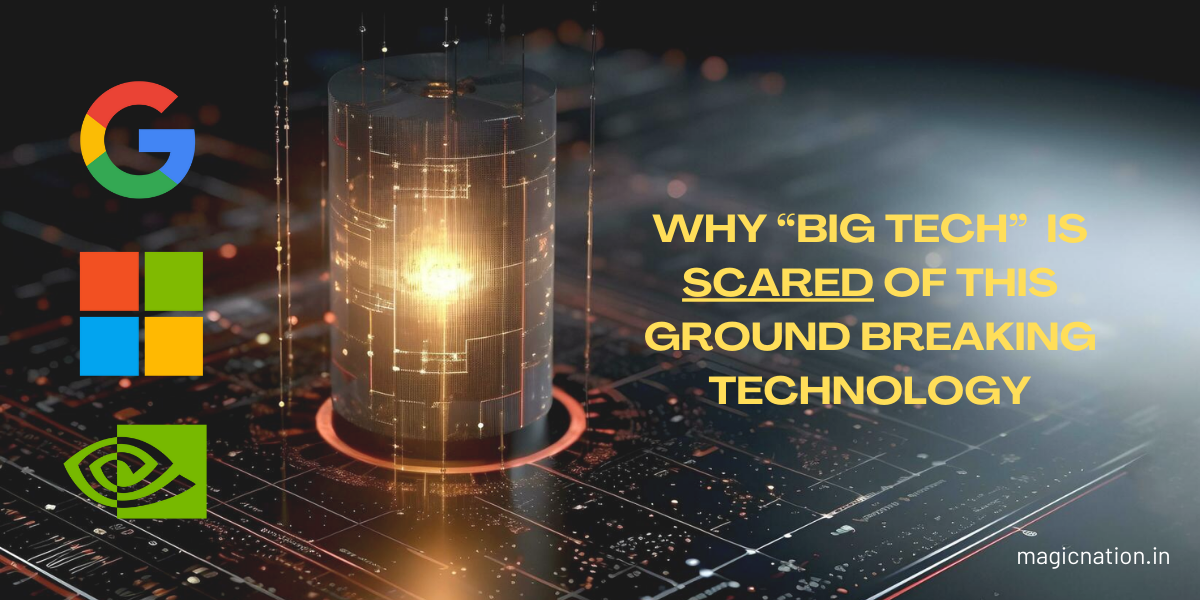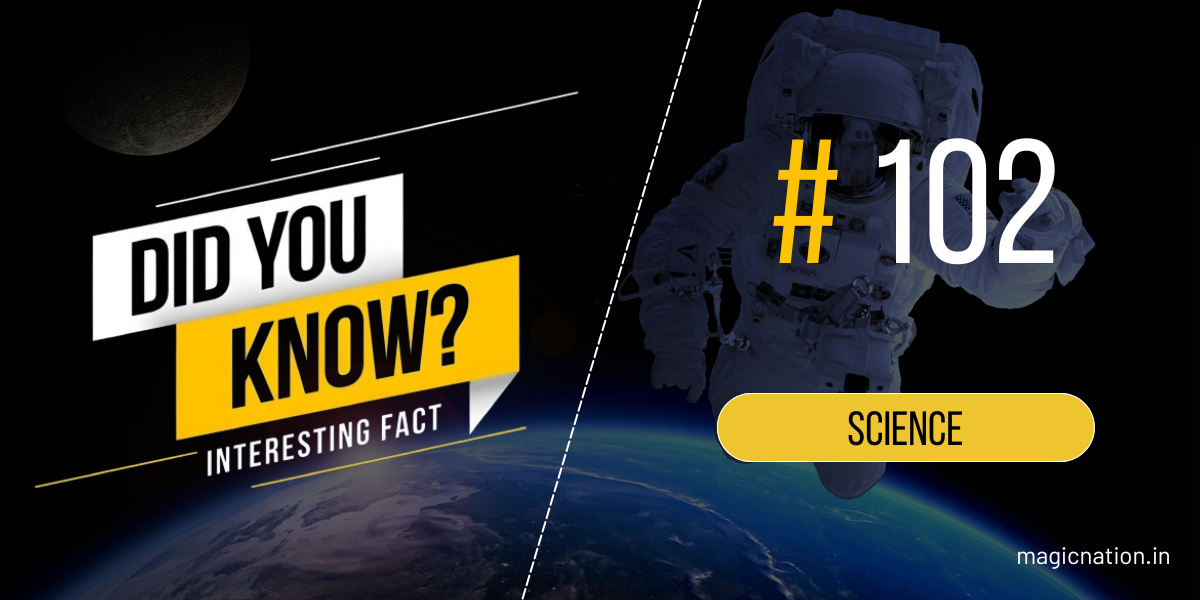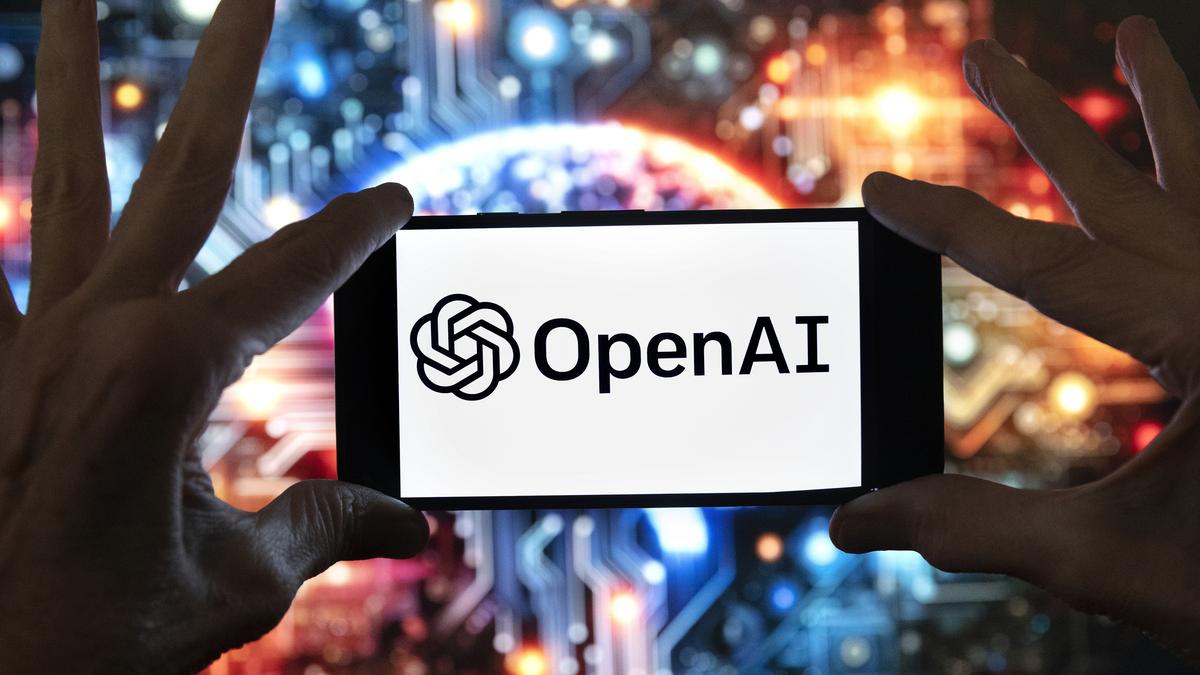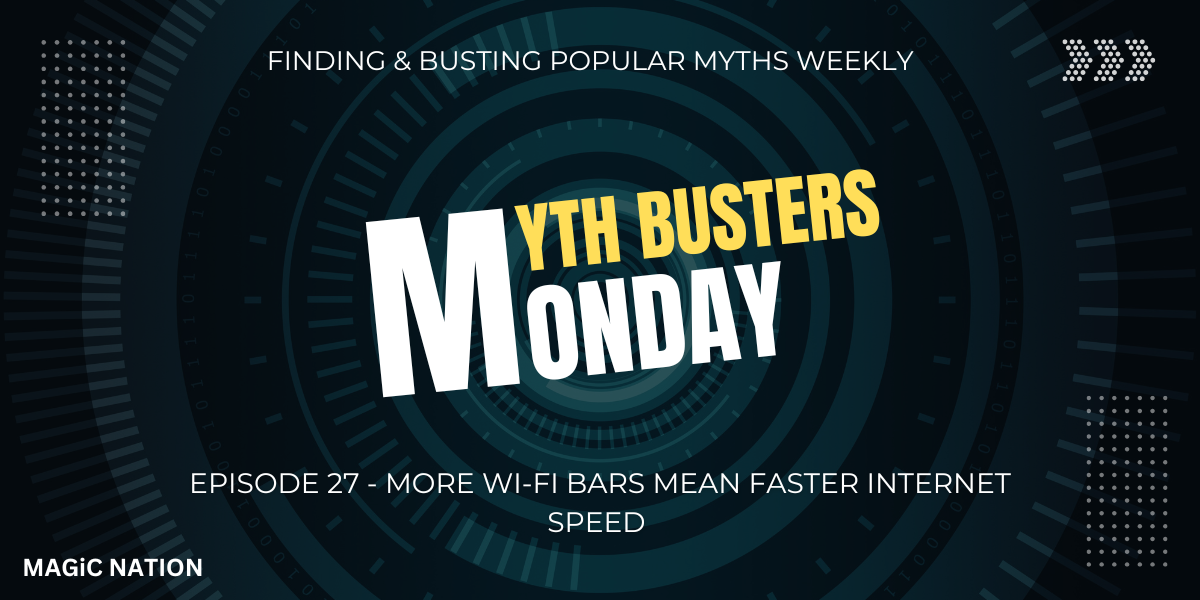
OpenAI’s interest in robotics is not new. The company initially had a dedicated robotics division but disbanded it in 2021, citing significant challenges. Wojciech Zaremba, OpenAI Co-Founder and head of the former robotics division, explained in a podcast that the division was shut down due to insufficient training data. At the time, the team determined that existing systems could not achieve the desired level of intelligence.A Rekindled Interest in Robotics
Despite this, OpenAI has continued to maintain a foothold in the robotics space. Through its venture arm, the company has invested in several robotics startups. Notably, OpenAI backed Figure AI in February 2024 in a funding round involving high-profile investors like Jeff Bezos, Microsoft, Nvidia, and Intel. Figure AI is one of several startups OpenAI supports, with others including 1X Technologies and Physical Intelligence. These partnerships involve the integration of OpenAI’s advanced GPT AI models into robotic systems, enabling new capabilities for the machines.
Earlier this year, IoT World Today reported that OpenAI had posted job listings seeking research engineers to join a robotics team. The job descriptions suggested a focus on training multimodal large language models to “unlock new capabilities for our partners' robots.”Recent Job Listings Signal Renewed Efforts
This aligns with OpenAI’s partnerships with robotics startups, where GPT-powered models are integrated into robotic platforms to enhance their functionalities. For instance, 1X Technologies utilizes GPT-based intelligence in its robots, while Physical Intelligence is working on AI-driven software that aims to provide robots with human-like understanding and dexterity.

While details remain scarce, it is possible that OpenAI envisions humanoid robots capable of performing diverse, real-world tasks with simple verbal instructions. With the recent launch of the o3 series of advanced reasoning-focused AI models, the company appears well-positioned to push the boundaries of what robots can do. Potential applications for these humanoid machines could range from factory automation to home assistance, showcasing OpenAI’s ability to bridge the gap between software intelligence and hardware functionality.The Vision for Humanoid Robots
Developing humanoid robots is no small feat, and OpenAI will need to address several hurdles, including hardware development, safety considerations, and societal implications. Moreover, the report does not clarify whether the company has a detailed roadmap or if discussions are still in their early stages.Challenges Ahead
OpenAI’s renewed interest in robotics could mark the beginning of a new chapter for the AI pioneer. By leveraging its expertise in large language models and strategic investments in robotics startups, the company may soon redefine what is possible in the intersection of AI and robotics. Whether these efforts culminate in humanoid robots that can seamlessly integrate into human environments remains to be seen, but the implications of such advancements could be transformative.The Road Ahead










